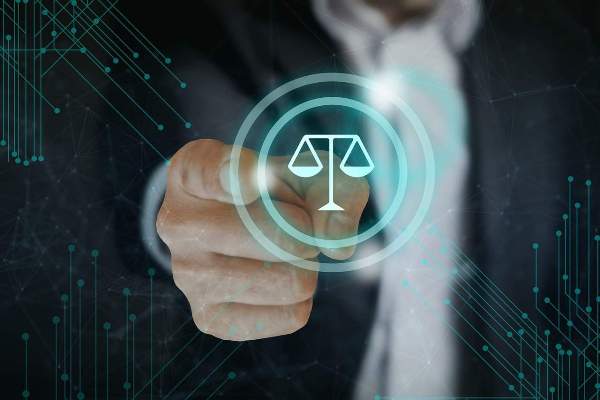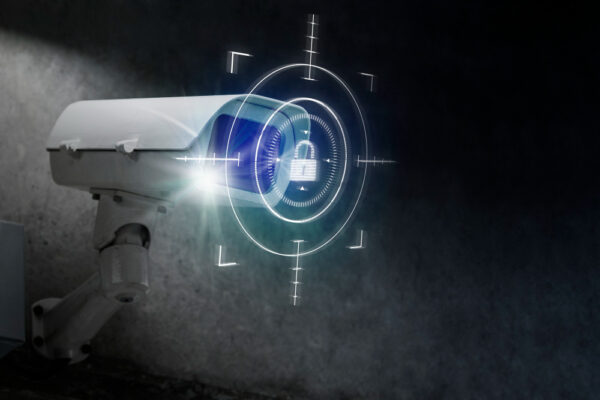Forensic science is a crucial aspect of modern-day legal investigations. It refers to the use of scientific methods and techniques to collect, analyze, and interpret evidence from crime scenes. This evidence can help investigators to establish what happened, identify suspects, and ultimately, secure convictions. The role of forensic science in legal investigations is therefore essential, and its numerous applications are increasingly relied upon by law enforcement agencies worldwide.
The Importance of Forensic Science in Legal Investigations
The importance of forensic science in legal investigations cannot be overstated. It has the potential to be a game-changer in criminal cases, enabling investigators to uncover critical evidence that would otherwise go undetected. Forensic scientists can analyze a wide range of materials, including DNA, fingerprints, blood, hair, and fibers, to name just a few. This analysis can provide vital information about suspects, victims, and crime scenes, leading to more accurate and reliable legal outcomes.
Forensic science can also help to exonerate innocent people who may have been wrongly accused or convicted. DNA evidence, in particular, has been instrumental in overturning numerous wrongful convictions, providing crucial evidence that was not available at the time of the original trial. This has led to a greater reliance on forensic science in legal investigations, with law enforcement agencies and courts recognizing its potential to deliver justice.
The Different Applications of Forensic Science in Legal Investigations
Forensic science has numerous applications in legal investigations. These include:
- Crime scene investigation: Forensic scientists can analyze physical evidence found at crime scenes, such as blood, fibers, and fingerprints, to help identify perpetrators and establish what happened.
- Ballistics analysis: Forensic scientists can analyze firearms and ammunition to determine if they were used in a crime and to help identify potential suspects.
- DNA analysis: DNA analysis can help to identify suspects, link them to crime scenes, and exonerate innocent people who may have been wrongly accused or convicted.
- Toxicology: Toxicology analysis can help to determine if drugs or other substances played a role in a crime, such as in cases of drug-induced homicide.
- Forensic accounting: Forensic accountants can analyze financial records to help uncover fraud, embezzlement, and other financial crimes.
The Future of Forensic Science in Legal Investigations
The future of forensic science in legal investigations is bright. As technology continues to advance, new and more sophisticated methods of analysis are being developed, enabling forensic scientists to extract even more information from physical evidence. Additionally, forensic science is becoming increasingly accessible, with more and more law enforcement agencies and courts recognizing its importance in delivering justice.
However, there are also challenges facing the field of forensic science. One of the most significant challenges is the potential for human error and bias in the analysis and interpretation of evidence. As such, there is a growing movement to develop more objective and reliable methods of analysis that minimize the risk of error and bias.
Forensic science plays a crucial role in legal investigations, providing law enforcement agencies and courts with the tools they need to uncover critical evidence, identify suspects, and secure convictions. Its numerous applications, including crime scene investigation, DNA analysis, and ballistics analysis, make it an essential part of modern-day law enforcement. As technology continues to advance, forensic science is likely to become even more critical in the fight against crime and the delivery of justice.
In Illinois, criminal attorney services are essential for navigating legal complexities. Whether facing misdemeanor or felony charges, individuals rely on skilled criminal attorneys to safeguard their rights and provide expert representation. These professionals possess a deep understanding of Illinois state laws and court procedures, offering strategic defense strategies tailored to each client’s unique circumstances. From pre-trial negotiations to courtroom advocacy, crime attorney services in Illinois are committed to ensuring fair treatment and pursuing favorable outcomes for those entangled in the criminal justice system.






